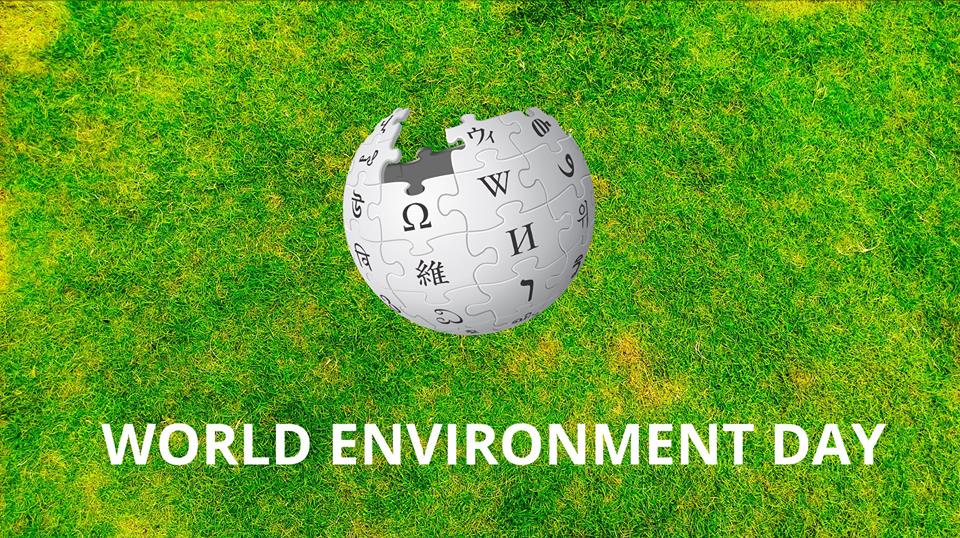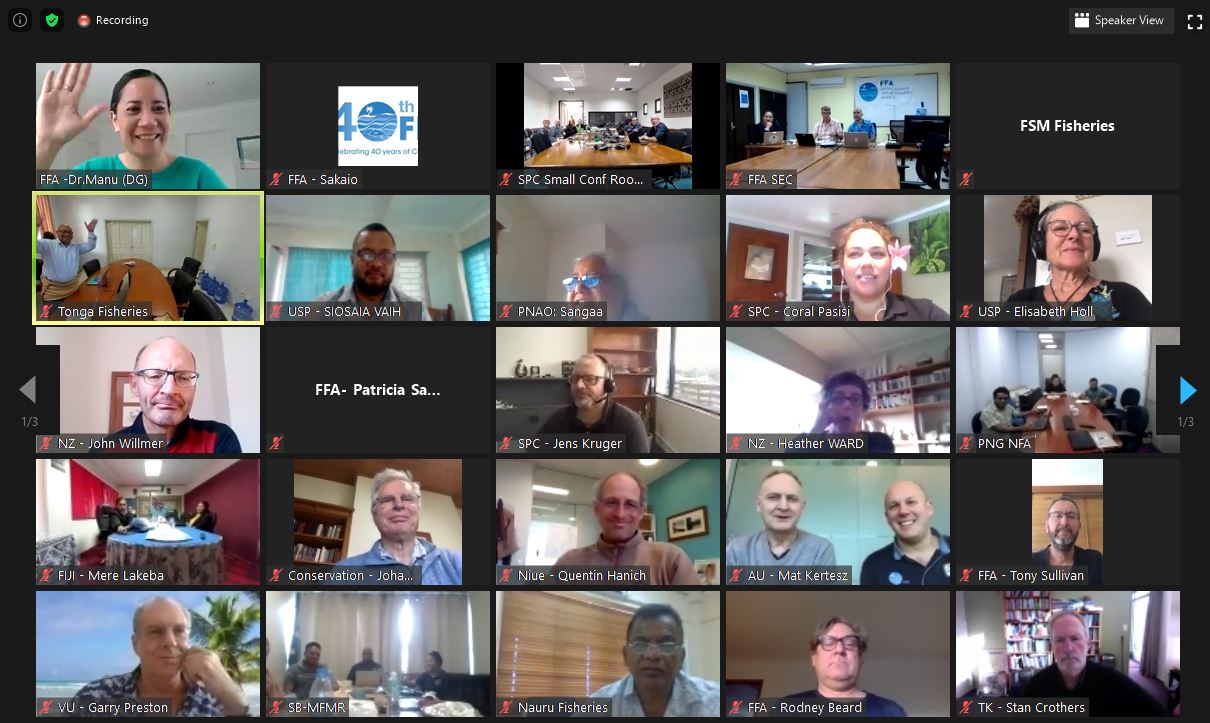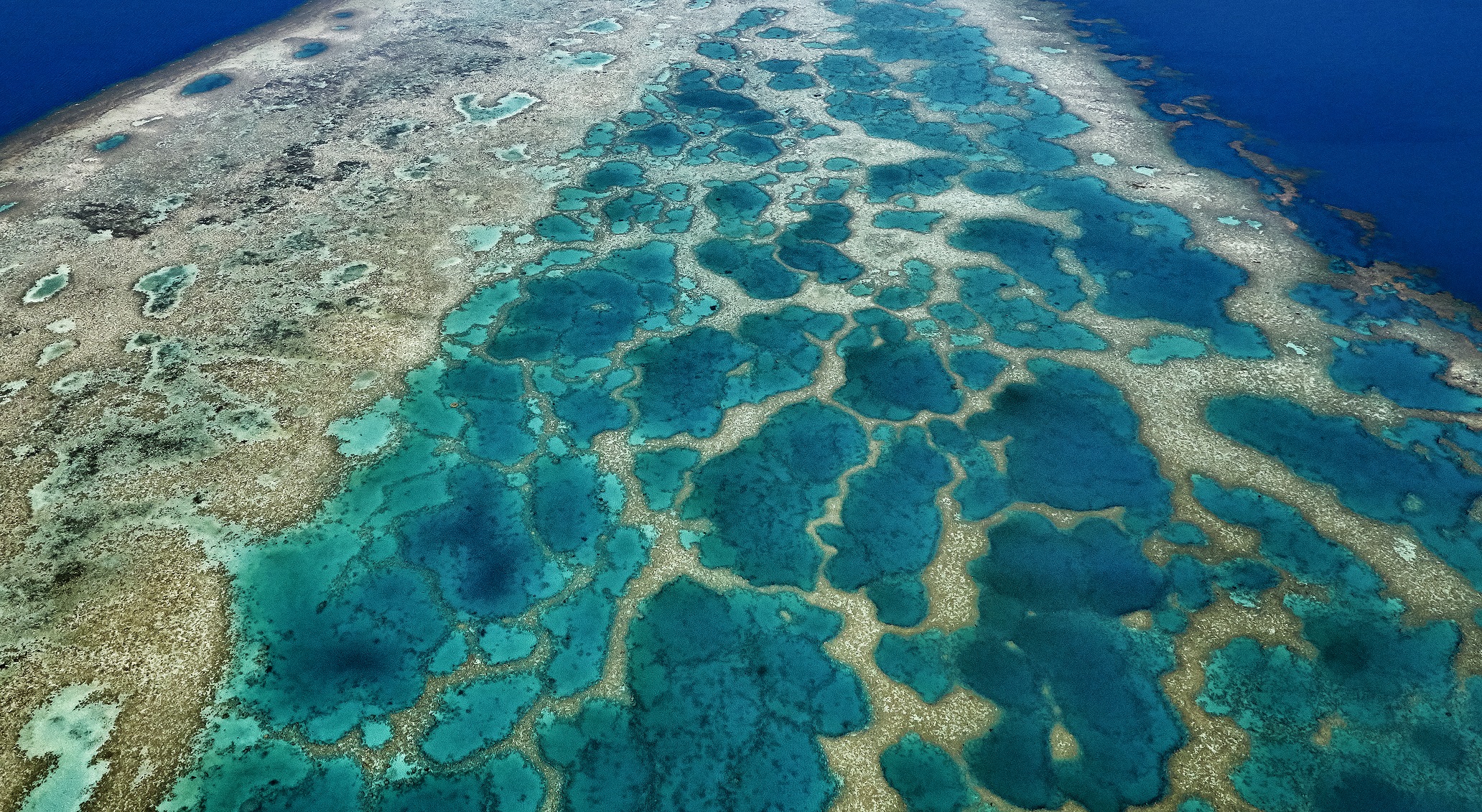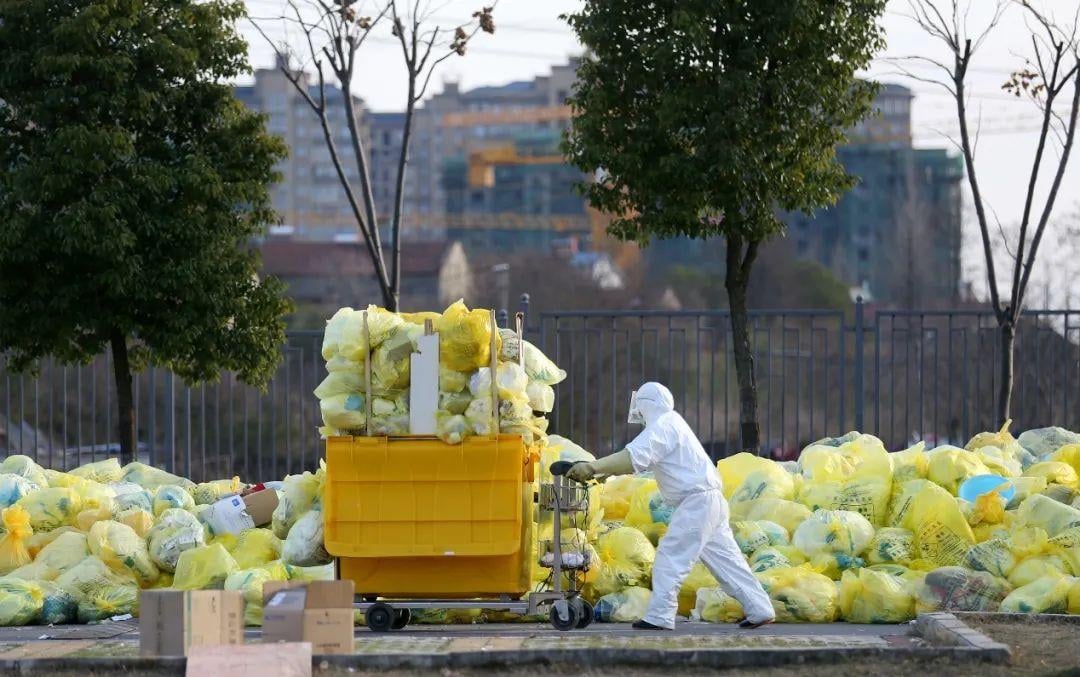Opinion by Sefanaia Nawadra – Head of the UN Environment Programme, Pacific Office
Around the globe there are more than one million plant and animal species on the verge of disappearing forever.
The planet is not in good shape because of us. Nature is suffering biodiversity and habitat loss, a rapidly heating climate, and toxic pollution.
And the COVID-19 pandemic, which may well have been the result of human exploitation of wildlife – is emblematic of the many disastrous side effects that there are when we disrespect the natural environment.
Biodiversity ensures that we have fertile soil and food to eat. It is the foundation of most of our industries and livelihoods. Yet around the world, more and more ecosystems are less able to provide benefits to people. Because of biodiversity loss, many ecosystems are less able to filter water, or regulate the climate and local hazards. Erosion, climate change, a loss of forest resources, increased natural disaster risk, loss of tourism revenue, an increase in agricultural pests, and food insecurity are just some of the things we should expect if we don’t protect and celebrate nature.
Here in the Pacific we are acutely aware of the importance of protecting biodiversity and the environment. Indigenous groups and local communities own most of the land or have user rights over natural resources. Although most island nations have relatively healthy ecosystems and governments that are committed to sustainability – we are surrounded by a sea and coastal fishery that is in danger of being over-fished – and coral that is dying at an alarming rate. We live on islands that face deforestation, pollution and droughts and cyclones, where introduced pests can devastate native flora and fauna – and of course we are among the most vulnerable in the world to climate change.
The COVID-19 pandemic is a tragedy that has thrown our world into chaos. It is also a stark reminder that everything we have – good and bad – ultimately comes from nature. And just as this outbreak has hit us hard – it brings to our attention the need to maintain healthy functioning eco-systems that can support life. This pandemic will hopefully be over soon – yet the decline in biodiversity, with equal potential for inducing chaos, continues unabated.
Yet in environmental terms, COVID-19 has had some unintended positive consequences. It has provided us with a glimpse of what greener choices could look like. For example, air quality has improved in major cities and greenhouse gas emissions will likely drop by an estimated eight percent this year. These improvements are of course only fleeting and will only last as long as lockdowns are being enforced unless we can bring about behavioral change.
The response by Pacific Governments to this virus should also give us hope that we can – when political will is exercised – successfully tackle major crises. While not all countries have enjoyed equal success in handling the pandemic, many governments have shown that rapid and decisive action and the commitment of resources can make a huge difference and save lives. This is the kind of attitude we need to keep if we are to confront environmental crises as well.
As we are looking to recover from the pandemic, we need to look to nature to build back better. If we want to protect what we have for future generations, it is time for strong global stewardship of the environment. It is time to “take action for nature.”
We have a responsibility to pass on to future generations a planet as rich in natural wonders as the one we inherited.
That’s what World Environment Day is all about.




